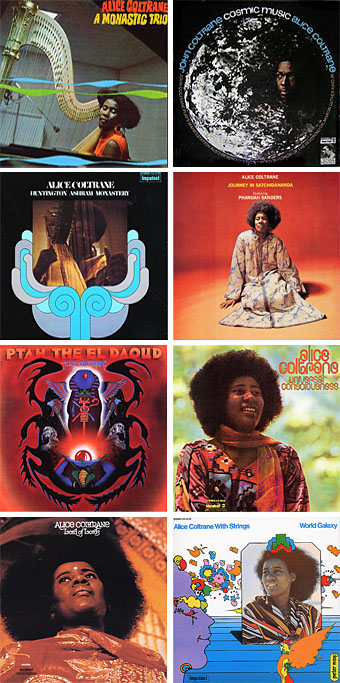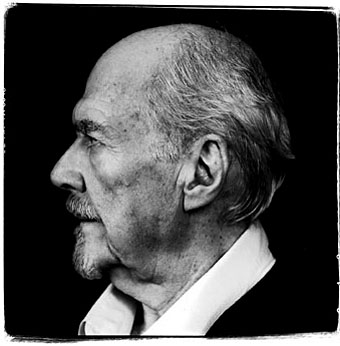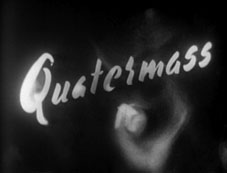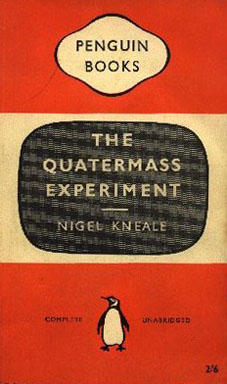
First Robert Anton Wilson, now Alice Coltrane, widow of John Coltrane and one of my very favourite musicians. She died on Friday but it seems the news is only now circulating. A great musician (harp and keyboards) and a great composer, she managed to carve her own creative space away from the giant shadow of her husband. Even so, many of her early albums have yet to be reissued on CD outside Japan, a criminal state of affairs which tells you a lot about the way the music industry marginalises jazz and avant garde music. If you’ve never heard any of these recordings the best introduction is probably the Astral Meditations compilation but all the early works are flawless and essential.
A Monastic Trio (1967–68)
John Coltrane: Cosmic Music (1968)
Huntington Ashram Monastery (1969)
Ptah, the El Daoud (1970)
Journey in Satchidananda (1970)
Universal Consciousness (1972)
World Galaxy (1972)
Lord of Lords (1972)
John Coltrane: Infinity (1973)
Reflection on Creation and Space (A Five Year View) (1973)
The Elements (1973; with Joe Henderson)
Illuminations (1974; with Carlos Santana)
Radha-Krisna Nama Sankirtana (1976)
Transcendence (1977)
Transfiguration (1978)
Divine Songs (1987)
Translinear Light (2004; with Ravi Coltrane)




